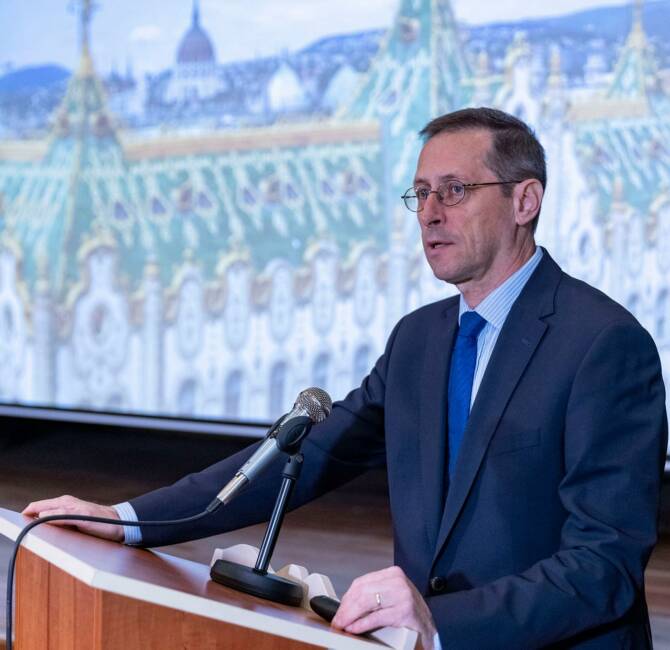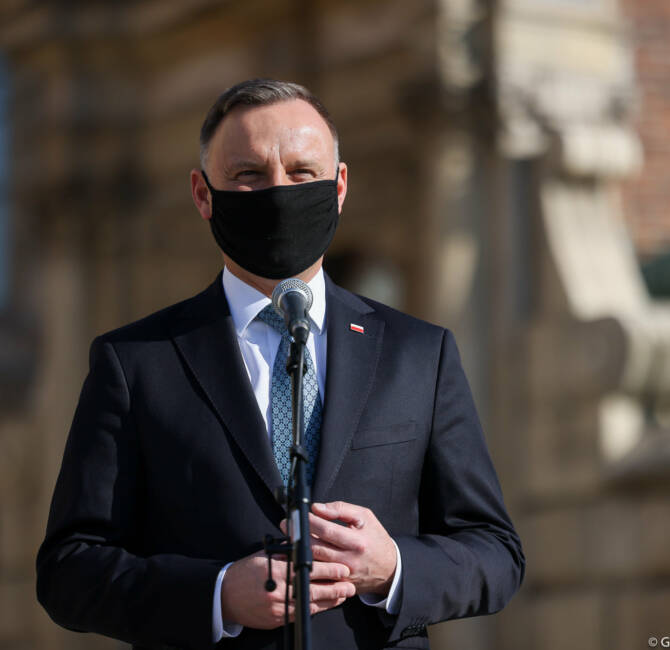Hungary/Russia – As announced, to the great displeasure of the “united” opposition under Péter Márki-Zay’s guidance, Hungarian Prime Minister Viktor Orbán went to the Kremlin on Tuesday, 1 February, to meet – for the twelfth time – Russian President Vladimir Putin. The two leaders discussed, among other things, energy issues, including gas, the coronavirus epidemic and the Sputnik V vaccine, as well as the current Ukrainian crisis.
Intensification of the gas agreement between Russia and Hungary
Concerning Russian gas, the head of the Hungarian government declared that “there are significant negotiations [between Russia and Hungary] around
the annual quantity of gas transported under the gas contract, which could increase by one billion cubic meters. […] With today’s agreement, Hungary’s energy supply is secured at last [until 2036],”
the final version of which should be signed in April.
With regards to the coronavirus health issue, Viktor Orbán reminded that 900,000 Hungarians had been vaccinated with the Russian Sputnik V vaccine and once again thanked his host “from the bottom of his heart” for providing Hungary with this vaccine.
“No leader of the European Union wants war”
With regard to tensions between Russia and Ukraine, the Hungarian Prime Minister presented his visit to Moscow as a “peace mission” because, in his view,
“Tensions must be reduced in order to avoid a return of the cold war. […] There is not a single European Union leader who wants a conflict with Russia”.
In this sense, Viktor Orbán advocates the “Hungarian model of conflict management”:
“We are members of NATO and the EU, but we respect Russia.”
Vladimir Putin reiterated his criticisms of NATO’s gradual enlargement to Russia’s borders and underlined the problem of Ukraine’s violation of human rights and the rights of national minorities.
A parallel meeting between Péter Szijjártó and Sergeï Lavrov
Also present in Moscow where he accompanied Viktor Orbán and where he, for his part, met his Russian counterpart Sergeï Lavrov, the Hungarian Minister for Foreign Affairs, Péter Szijjártó, declared that
“an important series of dialogues has begun between the Western Allies and the Russian leadership in order to ease tensions, and the Hungarian government aims to strengthen this process […]
This is why we came, this is why we are here in Moscow, to strengthen this dialogue. […] This sequence of dialogue brings hope of reducing this tension, which is completely in line with our national security interests”.




